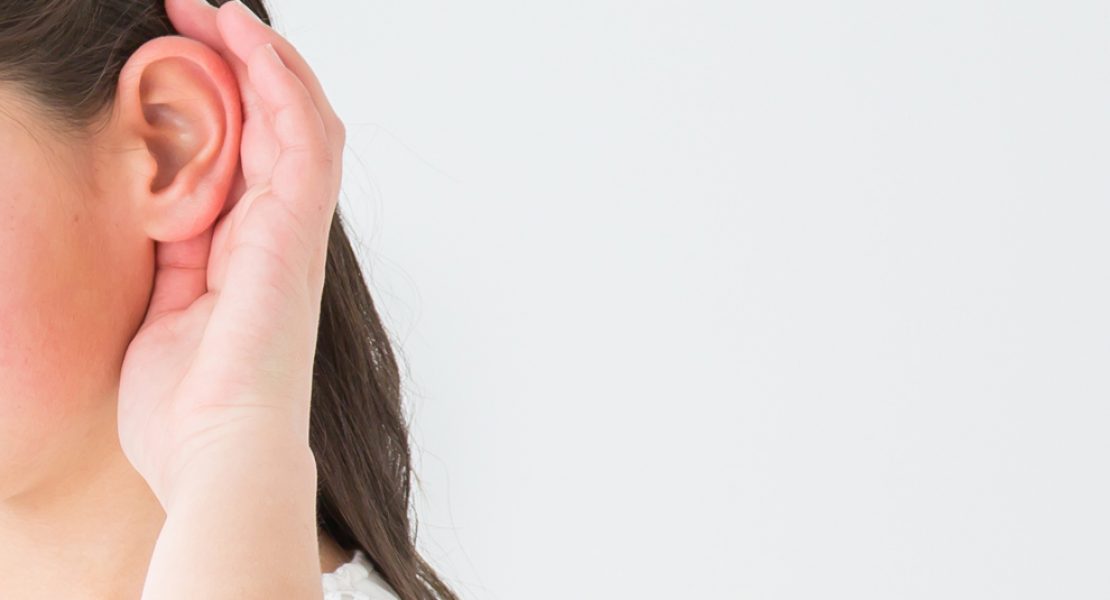Say What? How to Spot Hearing Problems in Kids

Two to three out of every 1,000 children in the United States are born with a detectable level of hearing loss in one or both ears, and others may develop hearing loss as they grow older, due to infections or exposure to loud noises. And this is concerning, as hearing is extremely important to a child’s development—socially, emotionally, and cognitively.
That’s why children are checked often for hearing difficulties, including babies, who are screened for hearing at birth. Most pass with flying colors, and if they don’t, they’re referred to a specialist for more testing, says Jeffrey Bedrosian, MD, an otolaryngologist affiliated with St. Luke’s University Health Network.
But once their baby is home, how do parents know if their child isn’t hearing well? “The most common cause of hearing loss in babies six months to one year old is from fluid behind the ear drum, which happens when kids have recurrent ear infections; and this hearing loss is usually temporary,” says Dr. Bedrosian. So be sure to talk with your pediatrician if your baby is not doing the following: responding to loud sounds, turning their head to the sound of voices, or following simple instructions (once they’re old enough to do so).
As children grow, their hearing is checked often at school and at doctors’ appointments, usually at ages four, five, six, eight, and 10. Signs of hearing loss in children include: not hitting milestones in learning to talk, turning up the volume on the TV, having difficulties understanding teachers in school, frequently being inattentive or unfocused, or answering questions inappropriately.
If you are concerned your baby or child isn’t hearing well, talk with your pediatrician, who can conduct more hearing tests and hopefully put your mind at ease.





















